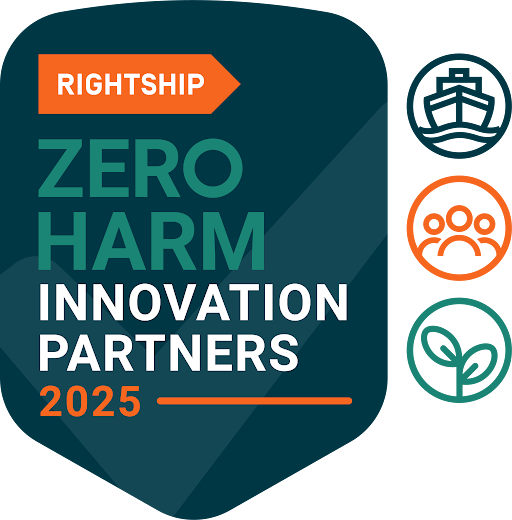The Importance of Continuous Learning in Maritime Careers
Share This Post:
Introduction to Continuous Learning in Maritime Careers
In recent years, the integration of digital technologies like AI-driven navigation systems, sophisticated safety protocols, and automated logistics solutions have transformed traditional maritime operations. These technological strides demand a workforce that is not only technologically proficient but also adaptable to new tools and practices. Moreover, the maritime industry is subject to stringent international regulations that are frequently updated to reflect new safety standards, environmental protections, and technological integrations. This regulatory landscape makes ongoing training crucial for maritime professionals who must navigate these complex frameworks successfully.
This introduction sets the stage for a deeper exploration into why continuous learning is now a cornerstone of professional development in the maritime industry. It underscores the necessity of staying abreast of industry advancements and regulatory demands—key themes that will be further developed throughout this blog post.
Keeping Up with Technological Advances
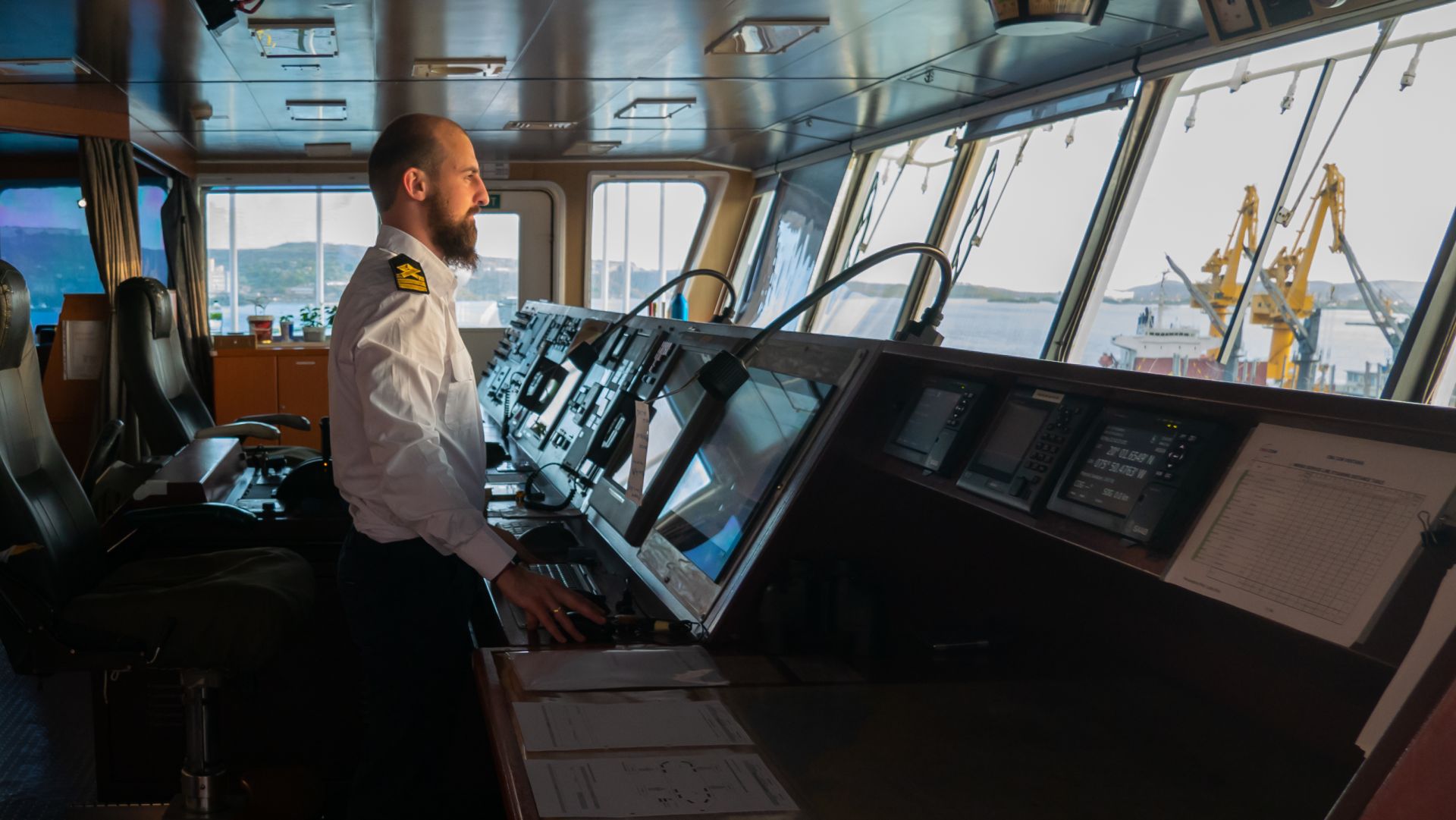
In the rapidly evolving maritime industry, technological innovation is not just a trend but a fundamental shift that defines modern seafaring and shipping operations. Recent advancements have introduced a slew of cutting-edge technologies, including automated navigation systems, AI-driven safety protocols, and IoT-enabled cargo management solutions. These developments are reshaping how maritime professionals approach everything from navigation to safety and logistics management.
Automated navigation systems, for example, use sophisticated algorithms and satellite technology to plot courses with greater precision and efficiency than ever before. This not only optimizes travel routes but also significantly reduces the risk of human error, a leading factor in maritime accidents. Similarly, AI-driven safety protocols are being implemented to monitor vessel operations continuously and predict potential system failures before they occur. These systems can initiate preventive measures automatically, enhancing safety across numerous operational parameters.
The impact of these technologies extends well beyond simplifying tasks—they fundamentally enhance the workflow and safety standards onboard. By integrating these advanced tools, shipping companies can ensure higher standards of safety while also boosting the overall efficiency of their operations. This is particularly crucial in an industry where margins are tight and operational efficiency can significantly influence profitability.
However, the rapid deployment of such technologies also brings challenges, primarily the need for a workforce that understands and can operate these advanced systems effectively. Continuous learning emerges as a critical solution here. By staying updated with the latest technological trends and gaining proficiency in new systems, maritime professionals not only ensure their relevancy but also enhance their ability to contribute to safer and more efficient operations. Training programs focusing on new technologies are becoming indispensable, providing maritime workers with the skills needed to manage these sophisticated systems and use them to their full potential.
The emphasis on continuous learning in the face of technological advancement is not merely about keeping up—it's about leading the way in an industry that is at the forefront of global trade and transportation. As technology continues to advance, the importance of training and training in its application underscores a crucial point: mastery of new technologies is essential not just for career advancement but for the broader goals of maritime safety and efficiency.
Ensuring Regulatory Compliance
In the maritime industry, regulatory compliance is not just a bureaucratic formality but a critical part of daily operations that ensures safety, environmental protection, and legal accountability. The landscape of global and regional maritime regulations is constantly shifting, with updates frequently introduced to address new environmental concerns, technological advancements, and safety findings. For maritime professionals, staying ahead of these changes is not only crucial for maintaining operational legality but also for safeguarding their careers against the severe consequences of non-compliance.
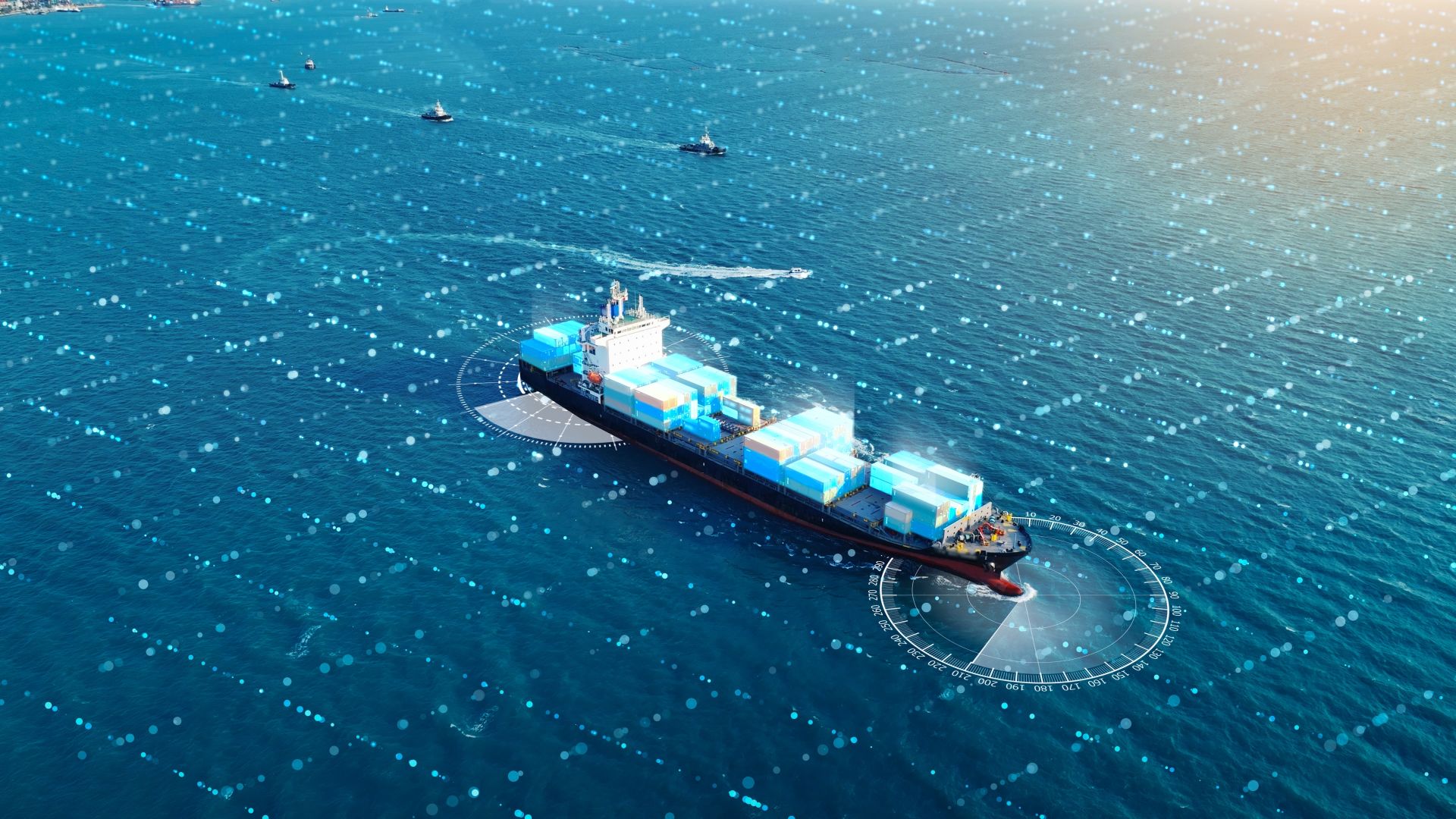
The role of certifications in this regulatory framework cannot be overstated. Certifications are a testament to a professional's knowledge and adherence to industry standards, acting as a crucial bridge between regulatory requirements and practical application on the high seas. For instance, the International Convention on Standards of Training, Certification and Watchkeeping for Seafarers (STCW) sets precise training standards that must be met and maintained. These certifications need regular renewal through continued training, which ensures that the knowledge and skills of maritime professionals remain sharp and relevant.
Moreover, the introduction of new regulations often requires immediate action from shipping companies and their crews. The International Maritime Organization (IMO) regularly updates its safety and environmental regulations, necessitating quick and effective trainingal responses to integrate these changes seamlessly into daily operations. Training programs that focus on the latest regulatory changes help maritime professionals understand and implement these updates effectively, ensuring compliance and enhancing safety on board.
Maintaining up-to-date knowledge is not only a regulatory requirement but a professional necessity that shields organizations and individuals from legal penalties and costly audits. In the high-stakes environment of maritime operations, where non-compliance can lead to significant fines, operational disruptions, and reputational damage, the importance of continuous learning becomes evident. Regular training sessions, workshops, and seminars serve as vital tools for professionals aiming to keep their knowledge current and their operations compliant.
The continuous learning approach in regulatory compliance is essential for navigating the complex, often international waters of maritime law and operational standards. It prepares maritime professionals not just to respond to regulatory changes but to anticipate and adapt to them proactively. This not only enhances individual career prospects but also boosts the overall safety, efficiency, and legal compliance of the maritime industry.
Mastery of Safety Practices
In the maritime industry, where the margin for error is minimal and the stakes are invariably high, mastering safety practices through continuous learning is not just beneficial but essential. The ever-evolving nature of maritime operations necessitates not only familiarity but expertise in the latest safety procedures and equipment. This expertise is critical in preventing accidents and minimizing risks, ensuring the safety of crew and cargo alike.
Advancements in safety technologies and the introduction of new equipment are regular occurrences in the maritime sector. These can range from advanced fire suppression systems to enhanced life-saving appliances. Each new piece of technology requires specific knowledge and handling skills, which can only be acquired through comprehensive training programs. For maritime professionals, gaining this expertise is crucial; it ensures that they are not only able to operate new equipment effectively but also respond to emergencies with confidence and precision.
Regular training and emergency drills play a pivotal role in this context. These drills are designed not just to familiarize crew with procedures but to make their responses second nature. Regularly scheduled drills help bridge the gap between theoretical knowledge and practical application, allowing crew members to react swiftly and effectively in crisis situations. Whether it's a man-overboard incident, engine room fire, or hull breach, well-trained crews are significantly better equipped to manage emergencies, which can dramatically reduce the potential for loss of life and property.
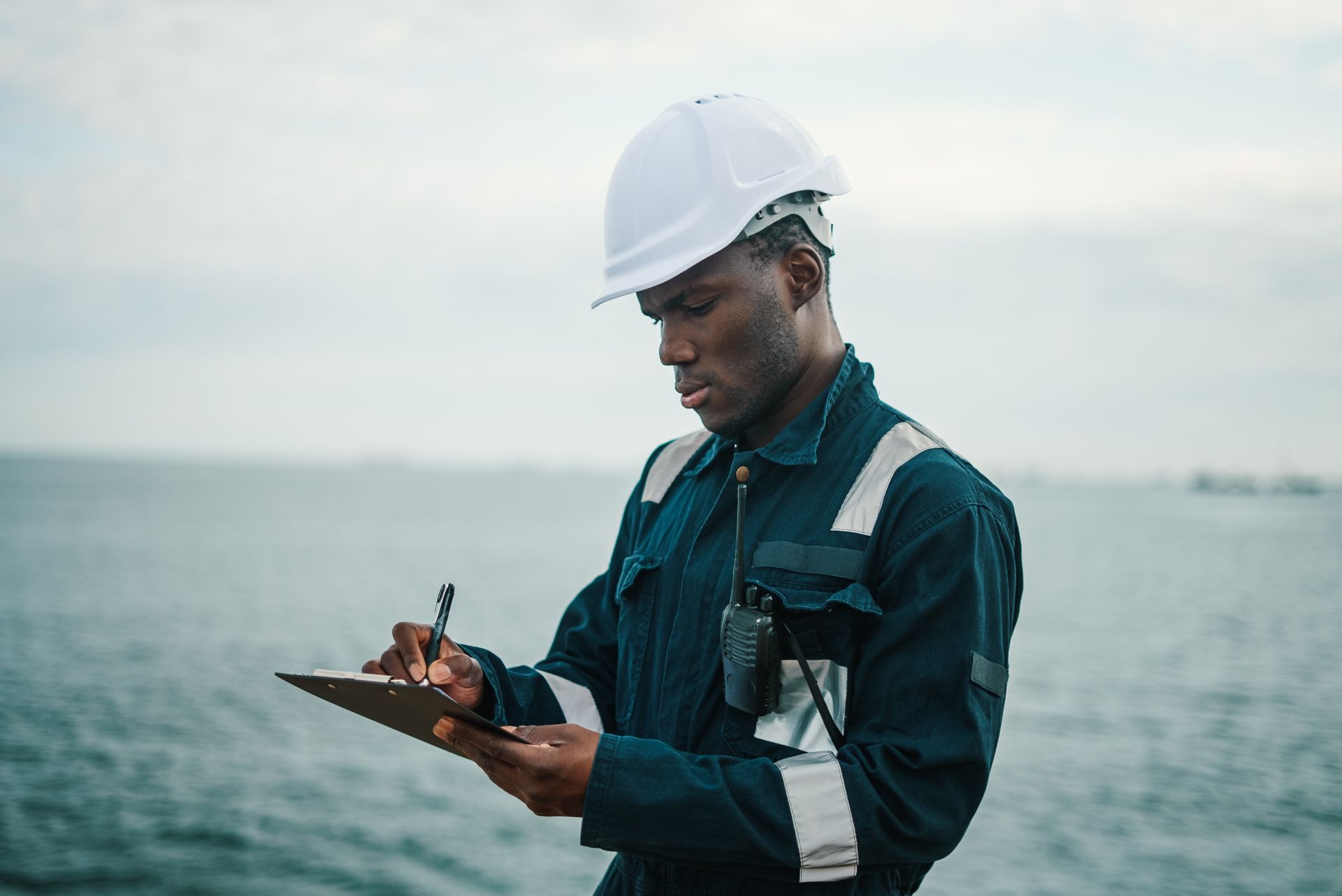
Moreover, a continuous learning approach to safety practices helps maritime organizations adhere to international safety standards, like those outlined in the Safety of Life at Sea (SOLAS) Convention. Compliance with such standards is not only a regulatory requirement but also a critical component of operational risk management. It involves regular updates to training protocols to reflect the latest best practices and technological advancements.
In essence, the mastery of safety practices through ongoing training forms the backbone of effective risk management in the maritime industry. It empowers maritime professionals with the knowledge and skills to prevent accidents before they occur and to mitigate the impact should they happen. Investing in continuous learning and regular drills is thus not an optional extra but a fundamental aspect of maintaining high safety standards in the challenging and unpredictable environment of maritime operations.
Career Advancement
In the competitive landscape of the maritime industry, continuous learning serves as a key catalyst for career advancement. Staying updated with the latest knowledge and maintaining relevant certifications are not just requirements for safety and compliance; they are indispensable tools for those aspiring to ascend in their maritime careers.
The maritime sector values up-to-date knowledge and specific skill sets, particularly in areas such as navigation, engineering, and environmental management. These skills are frequently evolving in response to new technologies and regulations, and professionals who can demonstrate their expertise through updated certifications stand out. For example, advanced certifications in dynamic positioning or electronic chart display and information systems (ECDIS) are highly regarded and can significantly enhance an officer's prospects for promotion to higher command positions.
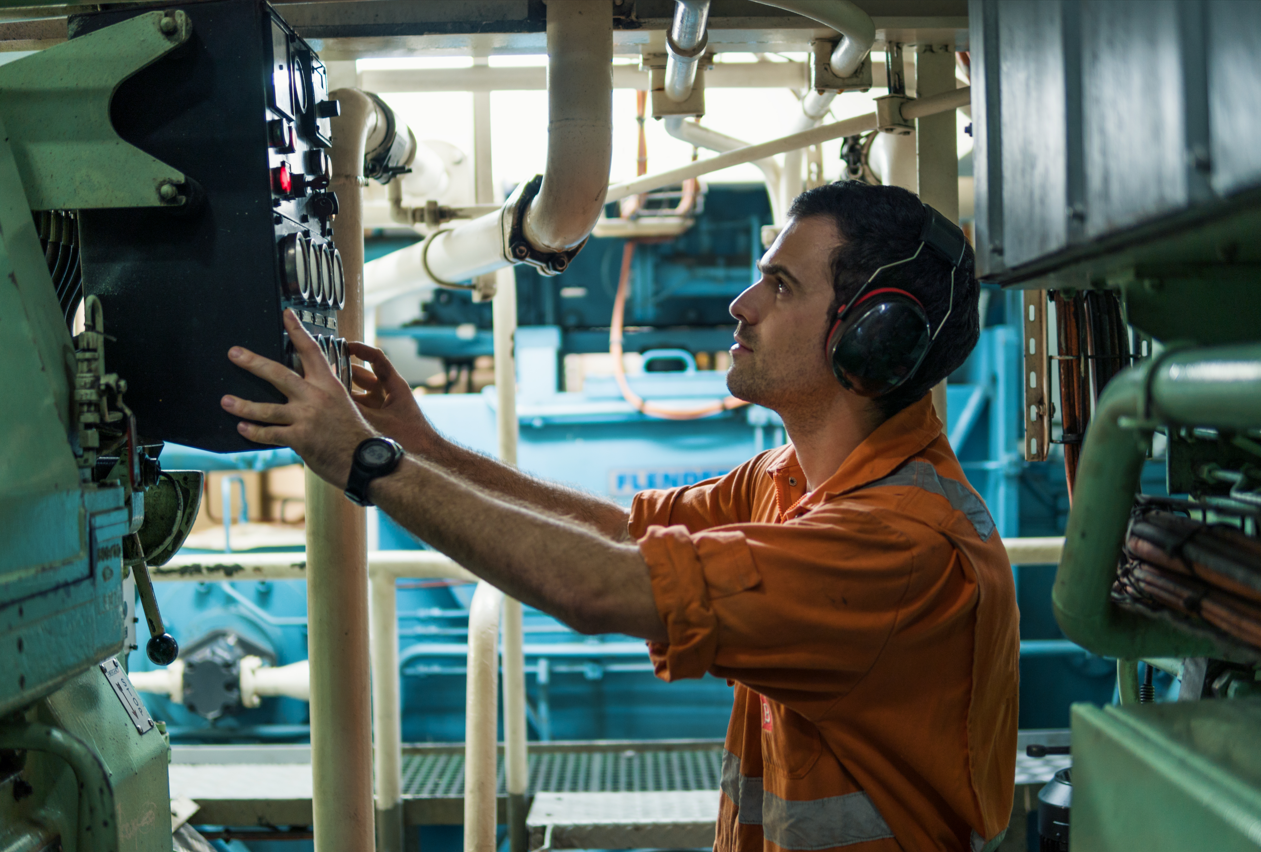
Moreover, the correlation between continuous learning and career advancement is clearly reflected in the industry's hierarchical certification structure. Each advanced level of certification opens up new job roles and opportunities. Achieving a Master Mariner or Chief Engineer status, for instance, requires a rigorous process of learning and exams, but it also leads to higher responsibility, better job security, and substantially higher earnings.
Real-life examples abound of maritime professionals who have enhanced their careers through ongoing training. Consider the case of Captain Maria, who began her career as a third officer on a cargo ship. By consistently pursuing higher certifications and specialized training in hazardous cargo handling, she was able to progress to the role of Captain of an oil tanker, one of the most prestigious and well-compensated positions in the maritime field. Similarly, Engineer Mark, through continuous training in the latest engine technology and environmental compliance, advanced from a junior engineer to a Chief Engineer, overseeing the entire engineering department of a cruise ship.
These stories underscore a fundamental truth in maritime careers: the path to advancement is paved with training and certification. As maritime operations become more complex and regulatory requirements more stringent, the demand for highly skilled and trained professionals continues to grow. Thus, continuous learning is not just about meeting the minimum requirements—it's about seizing the opportunity to lead, innovate, and excel in a field where change is the only constant.
Meeting Global Standards
In today's globalized maritime industry, adhering to international best practices is not merely a regulatory requirement—it is a strategic imperative. The vast and varied network of global trade routes demands uniform standards to ensure that operations across different regions are smooth, safe, and efficient. Continuous learning plays a crucial role in enabling maritime professionals to understand and implement these standards, fostering better cooperation and enhancing operations on a worldwide scale.
The need for international best practices arises from the unique challenges of the maritime sector, which connects disparate geographic and regulatory environments. These standards are designed to provide a common framework that balances these differences, covering aspects from safety protocols and environmental regulations to crew competencies and equipment specifications. By engaging in ongoing training, maritime professionals ensure that they are not only compliant with these standards but are also contributors to their evolution and improvement.
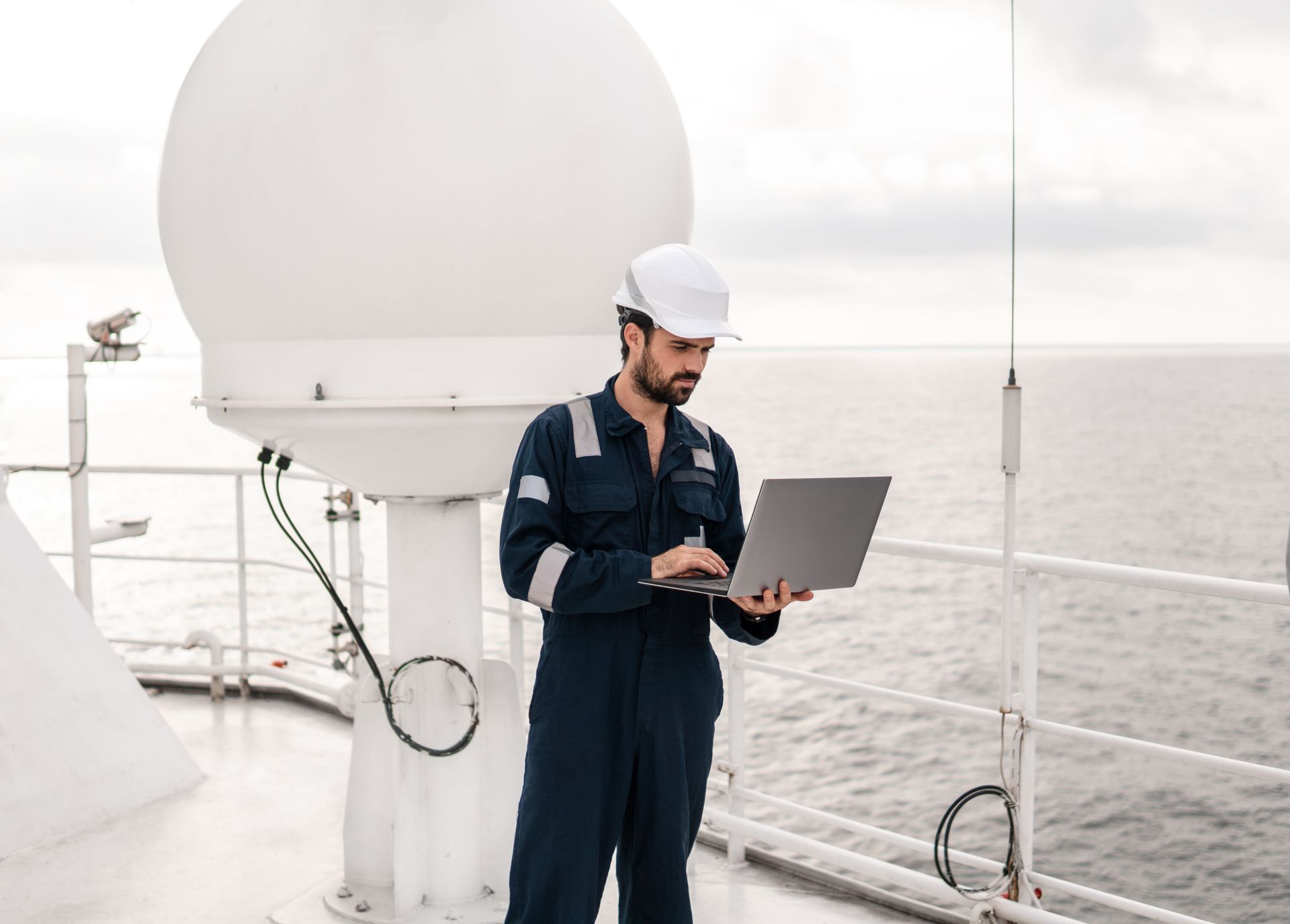
Continuous learning facilitates better cooperation across global standards in several ways. Firstly, it helps professionals stay informed about updates in international regulations such as those from the International Maritime Organization (IMO) and the Maritime Labour Convention (MLC). These updates often include critical information that affects how ships operate and are managed both at sea and in port. Secondly, training programs often incorporate case studies and scenarios that simulate cross-border operations, preparing crews for the complexities of international maritime activities.
Moreover, continuous learning enhances a professional's reputation and capabilities on an international scale. In an industry where reputation can significantly influence career prospects, being recognized as a well-informed and compliant professional opens doors to opportunities worldwide. For instance, a ship’s officer who is well-versed in the latest international waste management practices or ballast water treatment standards not only adds value to their current vessel and company but also becomes a desirable candidate for more prestigious roles in larger international fleets.
In essence, meeting global standards through continuous learning is about more than just compliance; it is about mastering the practices that define excellence in the maritime industry. This mastery not only ensures safer and more efficient operations but also positions maritime professionals as leaders in their field, capable of working anywhere in the world. It underscores the idea that in a profession as interconnected as maritime, personal and professional development has global implications.
Personal Development
Beyond the technical skills and regulatory knowledge required in the maritime industry, continuous learning offers profound personal development benefits that extend into all areas of life. These benefits encompass enhanced critical thinking, adaptability, and problem-solving skills—capacities that are as valuable on land as they are at sea.
Critical thinking is sharpened through the rigorous analysis of case studies, the evaluation of complex scenarios, and the assessment of risk—all common elements of maritime training. This skill is essential not only for making informed decisions during maritime operations but also helps individuals in everyday life to assess information critically and make sound decisions.
Adaptability, another key skill honed through continuous learning, is particularly crucial in an industry known for its dynamic environment. Maritime professionals frequently face unexpected situations that require swift and effective responses. The ability to adapt to changing conditions and technologies on the fly not only ensures operational success but also fosters a mindset that thrives on change rather than fearing it. This adaptability translates well into personal life, helping individuals manage life’s uncertainties with grace and resilience.
Problem-solving is yet another competency that is developed through continuous learning. In the maritime context, problem-solving often involves finding immediate, practical solutions to operational challenges, a skill that is directly transferable to everyday life challenges. The systematic approach learned in problem-solving workshops and training sessions enhances an individual’s ability to tackle personal and professional obstacles with a structured and effective strategy.
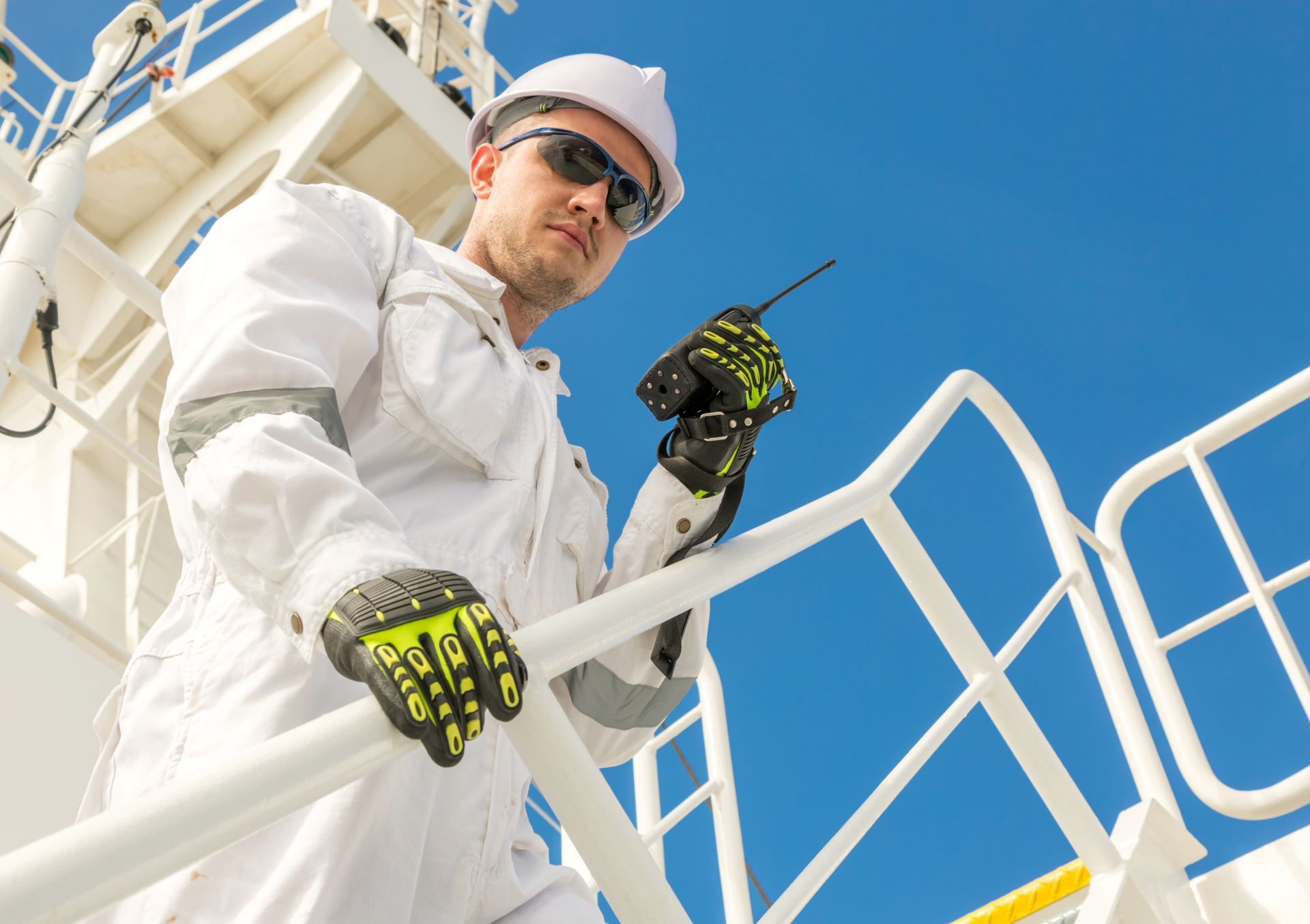
Moreover, the pursuit of continuous learning itself instills a lifelong habit of intellectual curiosity and personal growth. It encourages individuals to seek knowledge and understanding constantly, a trait that leads to richer, more informed life experiences. Maritime professionals who engage in continuous learning often report higher levels of personal satisfaction and a greater sense of achievement in their careers and beyond.
In conclusion, the personal development aspects of continuous learning in the maritime industry contribute significantly to building well-rounded professionals who are not only adept at their jobs but also lead fulfilling lives. These broader benefits reinforce the value of continuous training, making it a key component of both professional success and personal enrichment.
Conclusion
Throughout this exploration of continuous learning in the maritime industry, we've highlighted the indispensable role it plays not only in meeting regulatory compliance and mastering safety practices but also in advancing careers and meeting global standards. As the maritime world continues to evolve with technological advancements and shifting regulatory landscapes, the need for ongoing professional development becomes ever more critical. This commitment to continuous learning not only enhances operational efficiency and safety but also fosters personal growth, enriching both the professional and personal lives of maritime professionals.
To remain relevant and competitive in this dynamic field, maritime professionals must embrace a lifelong learning mindset. Engaging regularly in updated training programs and training courses ensures that they are equipped with the latest knowledge and skills required to navigate the complexities of modern maritime operations. Moreover, continuous learning is the key to unlocking career advancements and expanding professional networks in a globally connected industry.
We encourage all maritime professionals to seek out continuous learning opportunities actively. Whether through online courses, workshops, or seminars, there is a wealth of resources available designed to support your growth in this exciting field. Our organization offers a range of training programs tailored to the needs of maritime professionals at all stages of their careers, from entry-level courses to advanced certifications.
By investing in your professional development through continuous learning, you not only contribute to your own career success but also to the safety and efficiency of the entire maritime industry. Take the next step in your professional journey today by exploring the training programs we provide, and join a community committed to excellence and continuous improvement in the maritime sector.

Approved & Certified by Bureau Veritas

We are proud to be member of
